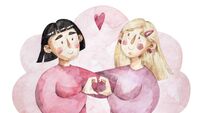In sync: Tracking your menstrual cycle can improve your life — here's how

Lisa de Jong, menstrual cycle coach Picture: Maria Rusk
Tracking our menstrual cycles throughout the month can help us feel more empowered when it comes to our mental health, our fitness, our social lives and even our careers. For many young women, period-tracking apps like Clue, Moody, and Flo are as likely to be found on their smartphones as social media apps like Instagram and TikTok.
But while the use of these apps is growing, most of us are simply using them to get a heads-up on when we might expect our periods. For years, the idea of tracking your menstrual cycle was closely linked to trying to get, or avoid getting, pregnant.
But according to Ireland’s first menstrual coach, Lisa de Jong, more and more of us are waking up to the benefits of tracking our menstrual cycles throughout the month, which can help us feel more empowered when it comes to our physical, psychological, and emotional health, as well as tap into our best selves at work and play.
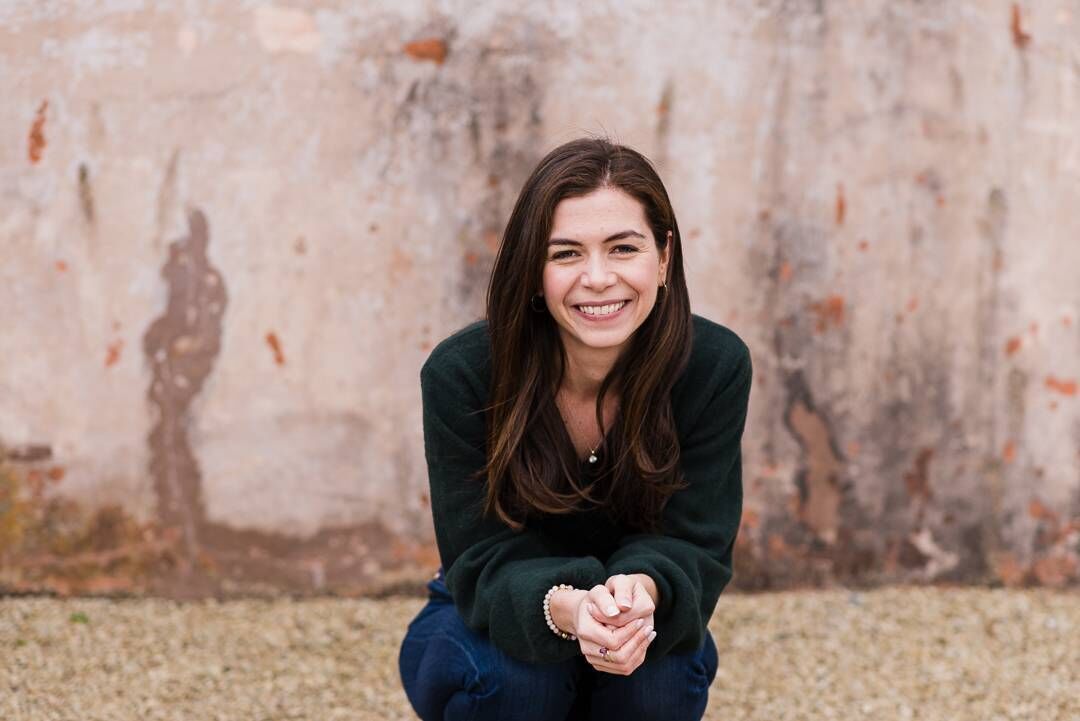
“It’s a really, really empowering tool,” de Jong says. “You can plan ahead in terms of your energy levels, your mental health.”
It can also give “relevance” to your experience, de Jong says. For example, if you find yourself feeling suddenly very irritated or upset by something that seems irrational, it could help to know it’s likely connected to fluctuating hormones — and when to expect the next shift.
“It’s really helpful (if we struggle with our mental health in our winter or autumn phases) to know that it’s going to pass.
“Having the awareness, even though it’s hard, helps us build resilience and cope with the difficult emotions because we know it’s going to pass, and we begin to accept that and feel less scared.
“We can claim our power through understanding our cycle. The way we’ve been taught about periods is to just manage it, deal with the inner winter phase [the period] and you don’t have to worry about everything else. But it’s an everyday thing, we just aren’t taught about it.”
So, what exactly is our menstrual cycle and what can we expect in each phase?
The first phase of your menstrual cycle begins on the first day of your period. In the medical world, this is usually referred to as the menstruation phase. Lisa de Jong, and many others, like to explain the menstruation cycle through a seasonal analogy, which first originated by the founders of Red School (a global menstruality movement, redschool.net) and authors of , Alexandra Pope and Sjanie Hugo-Wurlitzer. Here, menstruation is known as your “winter” phase, and it typically lasts between five and seven days.
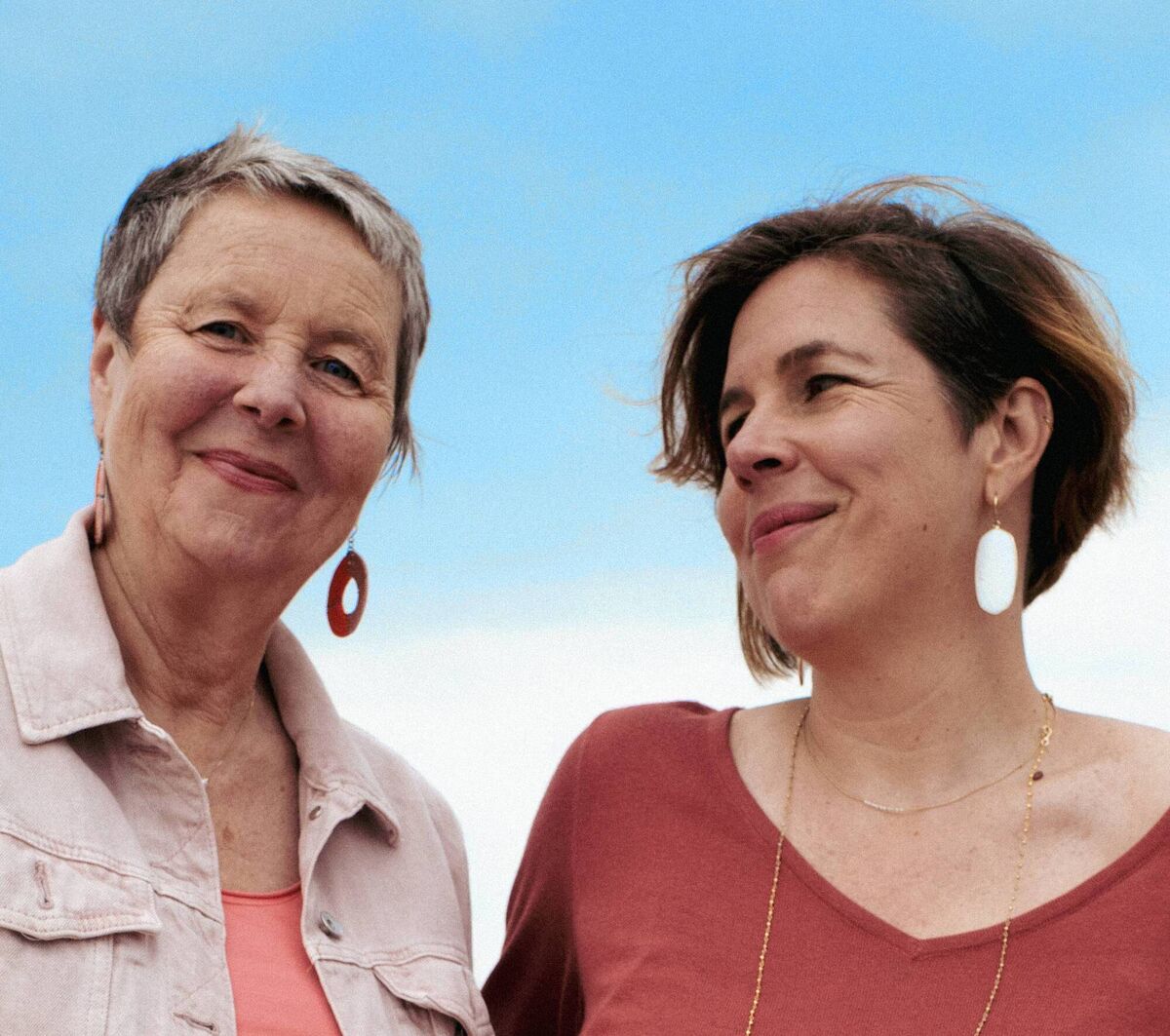
“This is when your hormones, estrogen and progesterone, are at their lowest levels,” de Jong explains.
“On an energetic and physical level, this is when we tend to be more physically vulnerable. We are low on energy and need more rest."
This is a time when gentle movement like yoga might be more suitable than weight-lifting in the gym. It’s also an inward time. Socially, you might feel more introverted.
“It’s kind of like when your phone is low on battery,” de Jong explains, “it’s time to recharge.”
For this reason, de Jong suggests letting yourself off the hook, as it were, if you don’t feel like meeting up with friends or going to social events during this phase.
De Jong explains the ‘spring phase’ as the period between winter (your period) and summer (ovulation). In scientific terms, Cork-based GP, Dr Monica Peres Oikeh, says this is usually referred to as the “follicular phase”, and it covers the time when your body is preparing to release an egg and building the uterine lining back up again post-period. It can last between six to 11 days.
During this time, our estrogen levels, or “feel-good” hormone as Dr Oikeh puts it, start to rise again, which results in us feeling we have more energy. We might also experience a mood boost during this time, feel more social and see a rise in our libido.
When you think about it, this makes complete sense as it’s the time in our menstrual cycle when our bodies are doing everything possible to maximise fertility. As Le’Nise Brothers explains in her book , this is the time in your cycle when your body wants you to look and feel your best in order to attract a partner.
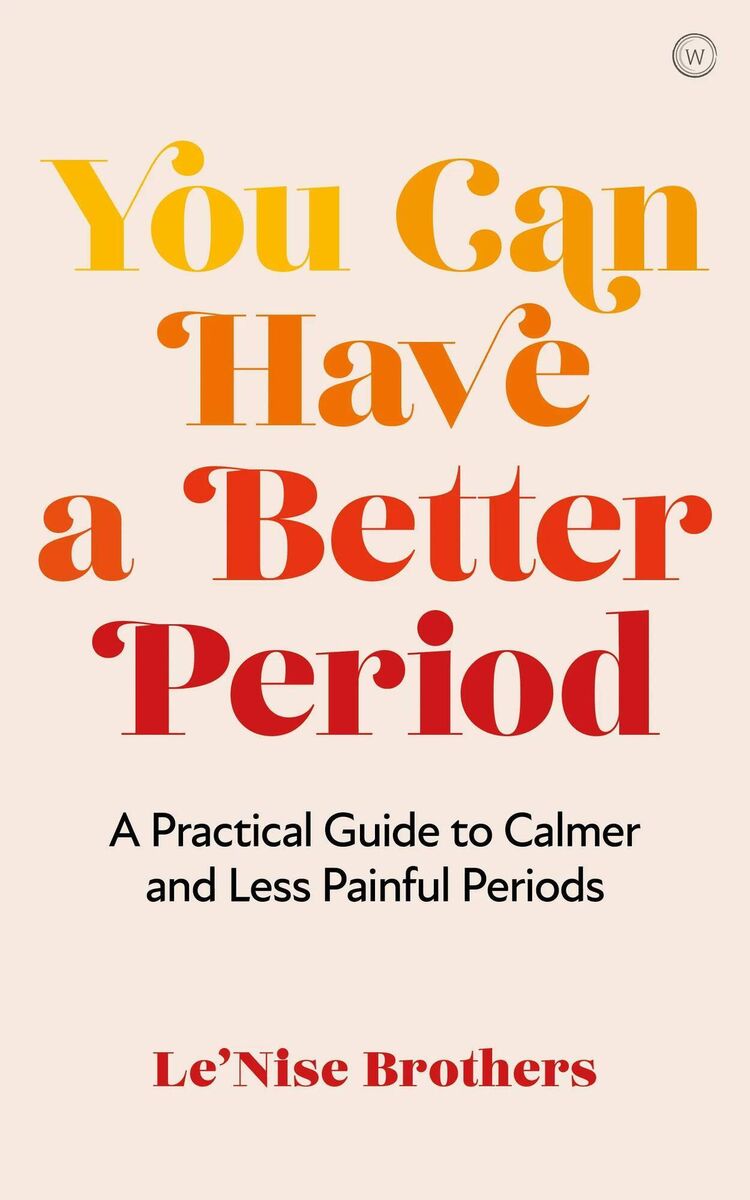
But while you may be buzzing to go out and get things ticked off your list post-period, de Jong emphasises the importance of “pacing yourself” in this phase.
“What I see with clients a lot is they push themselves [too hard] when they come out of their period, and that can lead to burnout.”
We experience the ‘summer phase,’ aka ovulation, around a fortnight before our next expected period. This is the window where we are most likely to fall pregnant and our sex hormones are at their highest. Most of us learned that this happens on day 14 of our cycle, but of course, this depends on the length of your cycle and other factors.
“Estrogen is pretty high, and because estrogen plays a role in our emotional resilience, you might experience improved mental health, feel more social... you feel like you have the capacity for a lot more stuff in life, and more time for other people’s needs,” de Jong explains, "it’s easy to say yes in this phase.”
For people who are suffering with their periods, de Jong says it’s the period where they are likely to experience the most relief.
After ovulation, we head into the luteal phase of our cycle. As explained by Dr Oikeh, this is the period where our body is preparing for fertilisation and begins to produce more progesterone, which is associated with the implantation aspect of pregnancy.
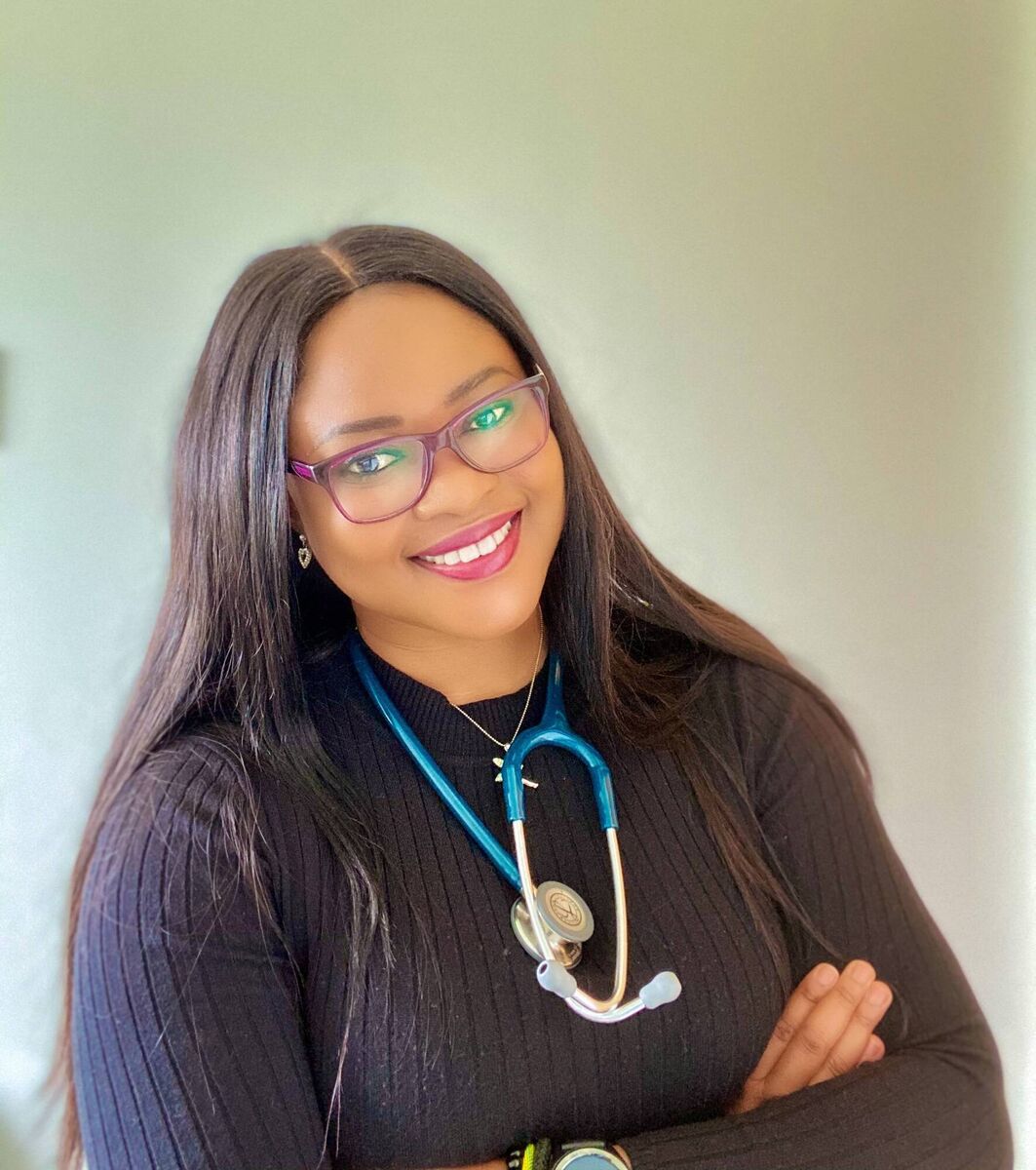
Many of us might recognise the tail-end of this phase, which de Jong refers to as our autumn phase, as the period when we experience PMS, or pre-menstrual syndrome.
“This is when our energy starts to decrease again, and come back inwards,” she says, noting that some of her clients suffer from dark thoughts and feelings during this time.
Dr Oikeh says increased anxiety or low mood during this time may be linked to the fact that our ‘feel-good’ hormone, estrogen, is in decline.
“Some people are very sensitive to hormone changes, so they can experience significant changes,” she explains, while others may only experience mild changes in their overall mood. It’s normal to experience PMS five to 11 days before your period arrives. Mild cramping, bloating and low mood are considered normal during this phase.
While many of us can try and fight our negative feelings and push ourselves through this phase, de Jong says she advises clients to “lean in” to the rest phases of their menstrual cycle, as going with the flow (or, our flow, quite literally) will mean getting the best from our more high-energy phases, like the spring and summer periods. And giving ourselves a break during what can be the more difficult phases, like the autumn and winter.
- Lisa de Jong is a menstrual and trauma coach based in Dublin. She offers one-to-one coaching and hosts the podcast.
- Dr Monica Peres Oikeh is a doctor based in Cork. She uses her larger TikTok and Instagram following to provide evidence-based health information.





